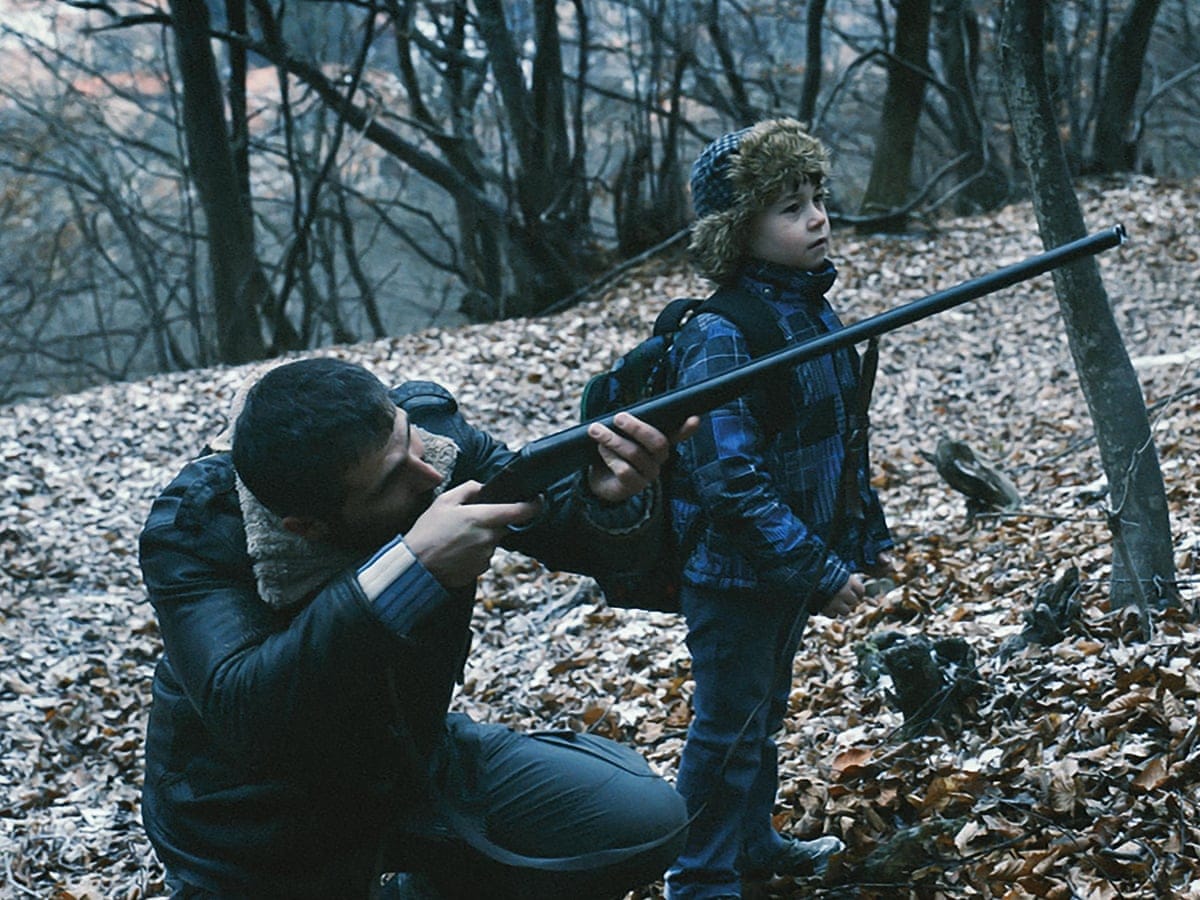Review: R.M.N. (2022) dir. Cristian Mungiu

In my undergraduate studies, I wrote a 15-page paper analyzing the racist rhetoric common to alt-right Twitter. The sheer number of hours I spent locked in that horrid corner of that horrid website still weighs on me to this day. My research even initiated a pessimistic change in my personal religious beliefs. The latest film from the Romanian New Wave’s best-known director, Cristian Mungiu, is the closest a movie has come to replicating that feeling of being an unwanton and unmoveable observer in a dark, monstrously racist alt-right space.
The film opens with racism. Matthias (Marin Grigore), a Romanian national, works in a slaughterhouse in Germany. A German co-worker derogatorily calls him a “Roma.” Matthias doesn’t like this and responds with the classic, honorable response to any form of bullying: violence, specifically a powerful headbutt. He then flees the police and returns to his hometown in Transylvania just before Christmas, where he makes a mild attempt to reunite with his estranged wife Ana (Macrina Bârlădeanu) and their psychologically perturbed, non-talking child, Rudi (Mark Blenyesi). He makes a much more forceful attempt to repair things with his former flame Csilla (Judith State), the lonely owner of the local bakery and a decent hobby cellist (I didn’t even need to use Shazam to recognize “Yumeji’s Theme” from In the Mood For Love). Unable to find local workers for a few minimum wage positions, Csilla burns through the pretext of the town’s morality when she hires three Sri Lankans.
The incident in Germany primes a sympathetic response to Matthias before the more insidious truth unfolds. Matthias’s violent response comes from his own racist logic. His Transylvanian village is extremely multi-ethnic, with a large population of Romanians, Hungarians, a smaller one of Germans, and a now forcibly disappeared population of Romas.
Continue reading at the Boston Hassle.